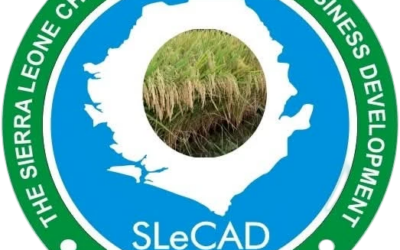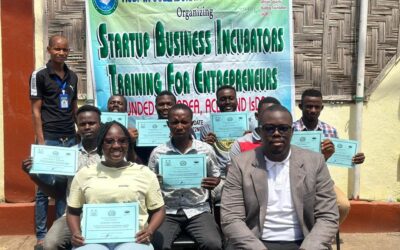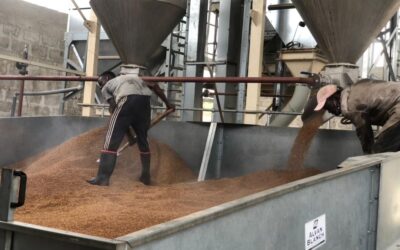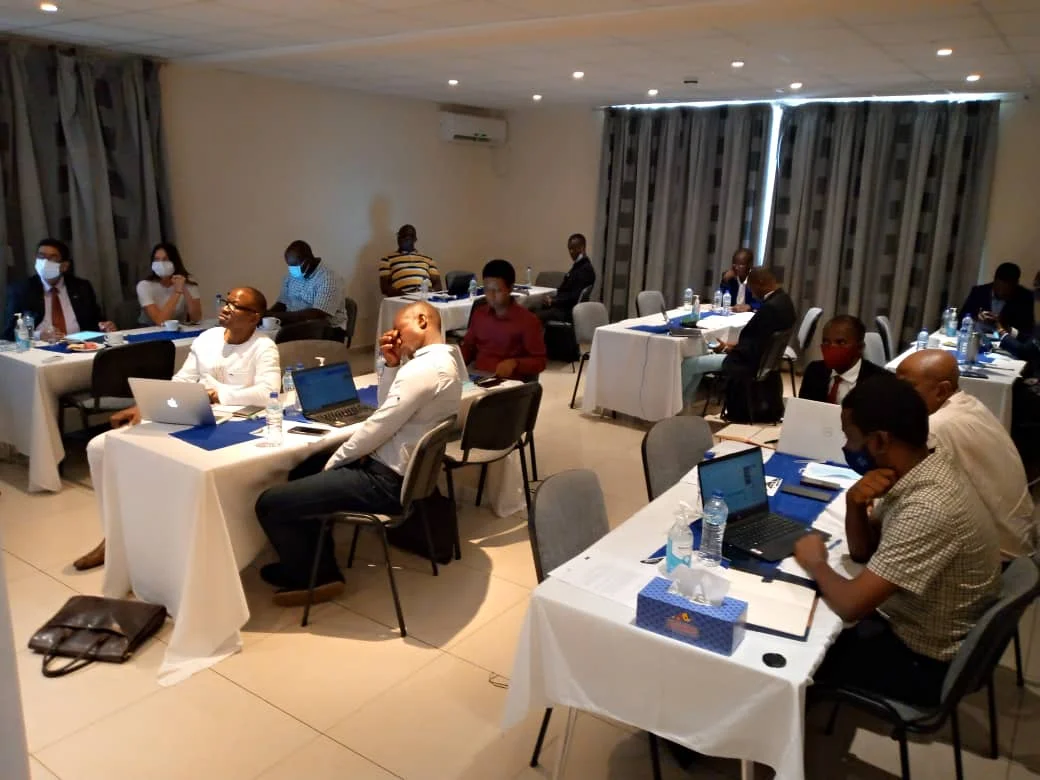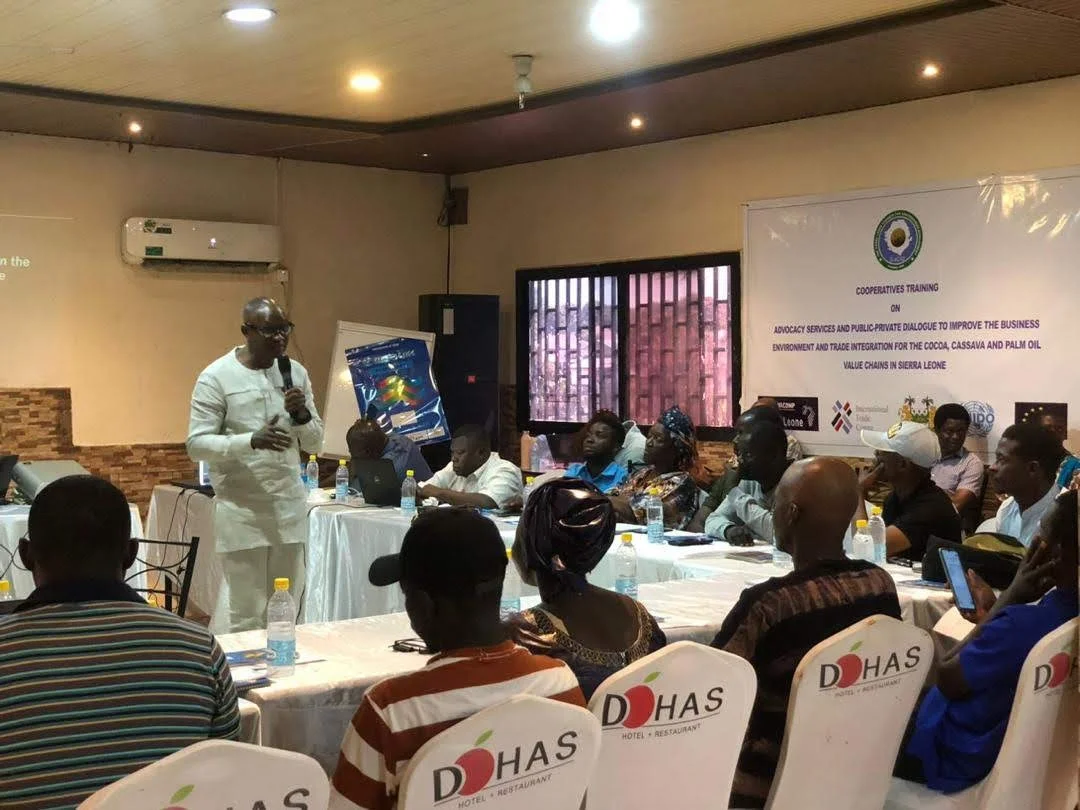Pro Members
Basic Members
District Chambers
Publications

The Sierra Leone Chamber for Agribusiness Development (SLeCAD)
We’re dedicated to promoting private sector investment and driving agro-industrial growth across the country. The Chamber connects agribusiness companies, farmers, and industry partners.
Our work empowers agribusinesses, boosts national food security, and contributes to sustainable economic growth.
SLeCAD has grown from a small group of agribusiness pioneers into a strong national network driving agricultural growth in Sierra Leone.
Latest News
2026 New Year Message from SLeCAD – Turning Possibilities into Progress
The Sierra Leone Chamber for Agribusiness Development (SLeCAD) is pleased to share its 2026 New Year Message to members, partners, and stakeholders as we step into a new year of opportunity, growth, and strengthened collaboration. Download 2026 New Year Message...
SLeCAD Participates in International Executive Training on Climate-Smart Agriculture
The Sierra Leone Chamber for Agribusiness Development (SLeCAD) participated in an International Executive Training on Best Practices in Climate-Smart Agriculture (CSA) held at Wusum Hotel, Makeni, from 14–18 April 2025. The training strengthened capacity on climate...
SLeCAD Conducts SCADeP Mission to Assess Agribusiness Grant Beneficiaries
The Sierra Leone Chamber for Agribusiness Development (SLeCAD) conducted a Back-to-Office mission under the SCADeP project from 9th–12th May 2022, covering Bo, Kenema, Kailahun, and Makeni, to assess matching grant beneficiaries and agribusiness investments. The...

















